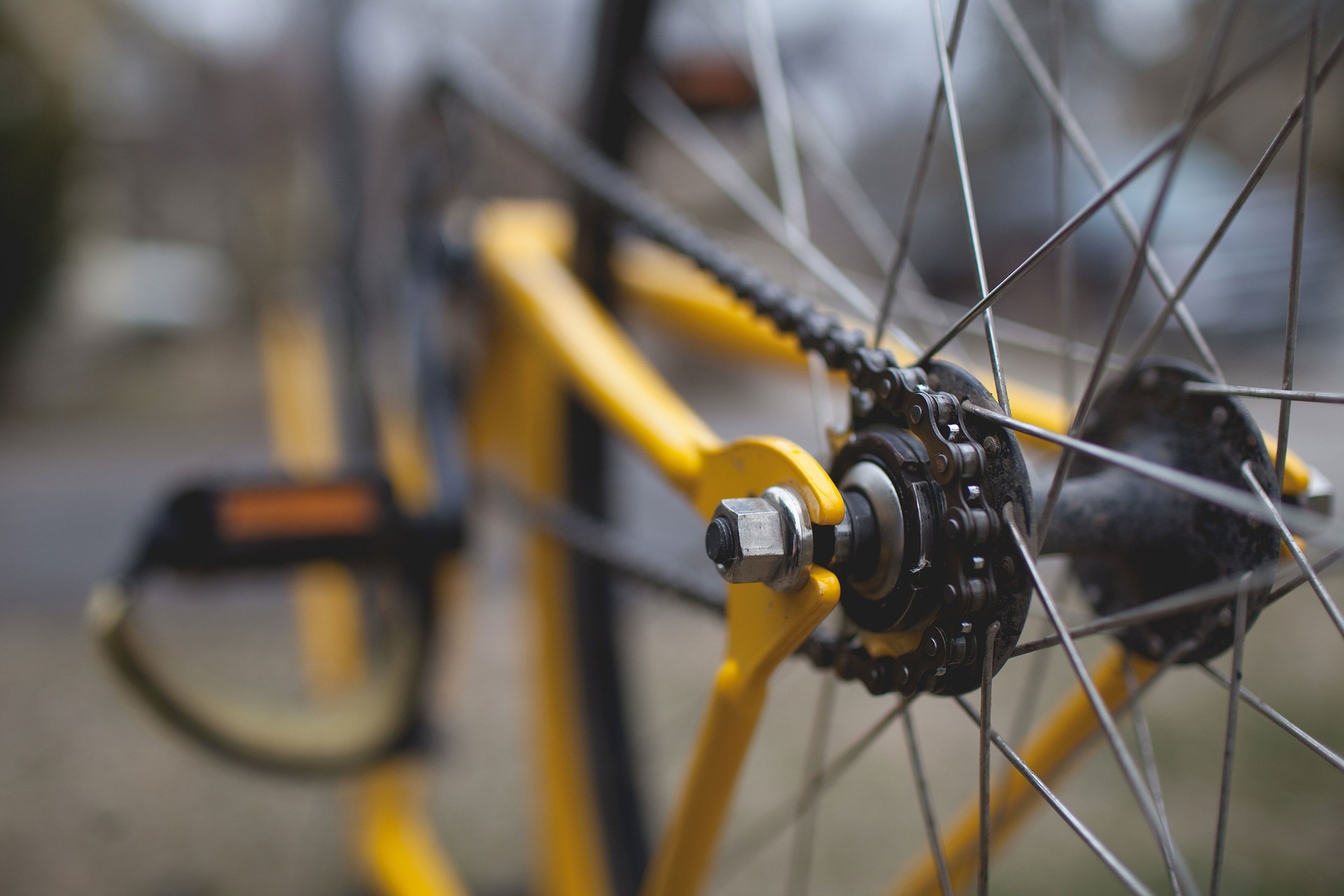Look at cycling and cyclists in context
Friday, 3rd November 2023

‘People cycle as it is an enjoyable, convenient, and health-giving transport mode, not out of any desire for moral superiority’
• RECENT letters on anti-social cycling sorely need some context and a sense of proportion.
I don’t in any way excuse rude, inconsiderate, or potentially dangerous behaviour in our borough’s public realm. It should be subject to widespread disapprobation.
However such a keen focus on the behaviour of one type of road user to the exclusion of others – in particular a mode which has great benefits for users and society alike – is unhelpful.
So, the context.
Firstly, it is often assumed bicycle users are more law-breaking than other road users. The evidence, however, is the opposite.
Department for Transport data show that 85 per cent of car drivers exceed 20mph speed limits in free-flowing traffic. I cannot think of any street in Islington where, at any one time, anything like 85 per cent of cyclists could be seen breaking the law.
The perception of bicycle riders as unusually law-breaking is purely societal. Many have decided drivers’ everyday transgressions, such as speeding, are not really crimes, but they are much quicker to castigate a social out-group such as cyclists.
Secondly, people who use bikes should not be subjected to collective accountability for an individual’s actions.
We are fortunate to have the volunteers of Cycle Islington undertaking excellent campaigning to make our streets safer and more inclusive, but it is not reasonable to suggest that this group should take responsibility for rooting out misbehaviour among bike users.
Where this is a problem it is a matter for the relevant authorities and broad social censure, not a small local charity branch.
Thirdly, people on bicycles are fundamentally less dangerous than those in motor vehicles. In Islington two or three people a year are typically killed in motor vehicle collisions, but no one has been killed by a cyclist since modern records began.
Drivers are not necessarily any more reckless than cyclists, but when they are the consequences can be far worse.
When people do cycle badly, it is implausible to say this is because the welcome support the council gives to cycling has imbued them with a sense of virtuous entitlement. Instead they are probably just thoughtless people who also behave selfishly in other contexts.
People cycle as it is an enjoyable, convenient, and health-giving transport mode, not out of any desire for moral superiority.
SIMON WILSON, N5